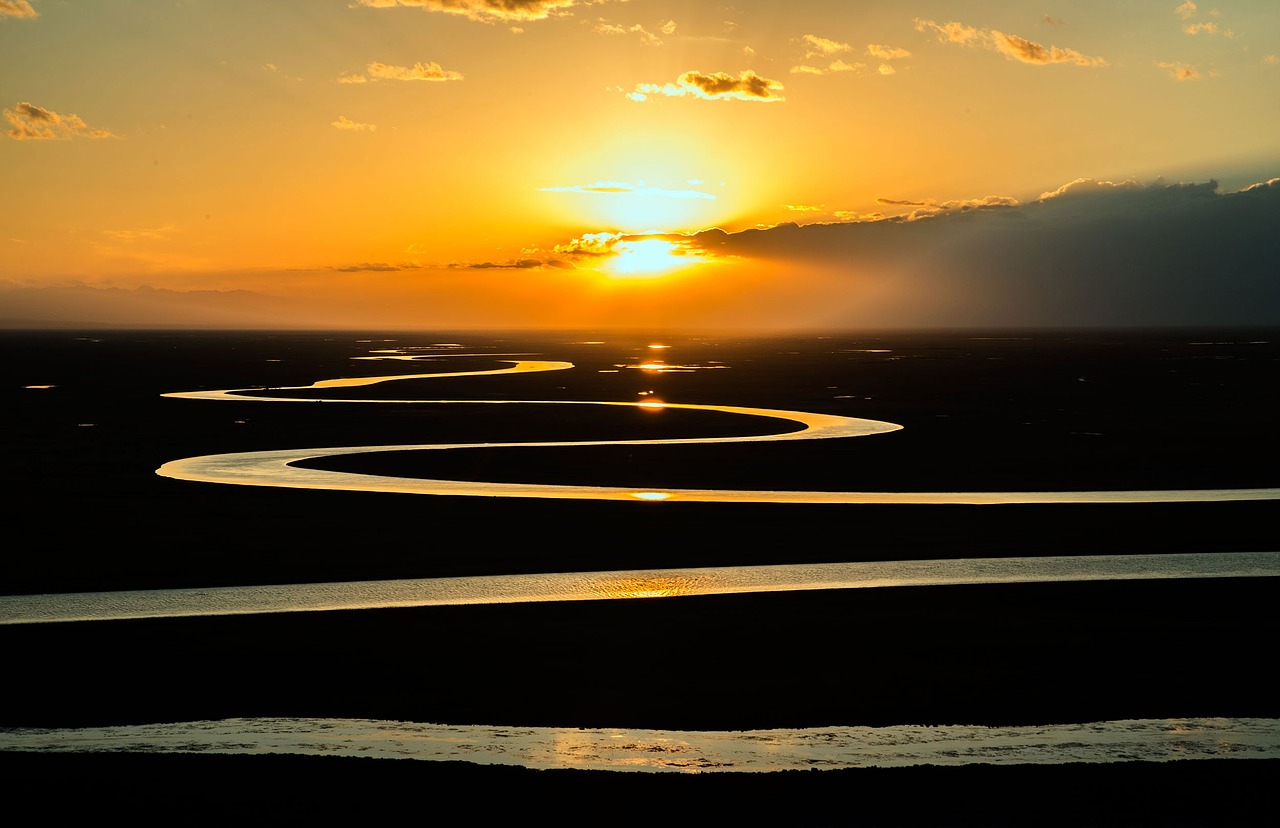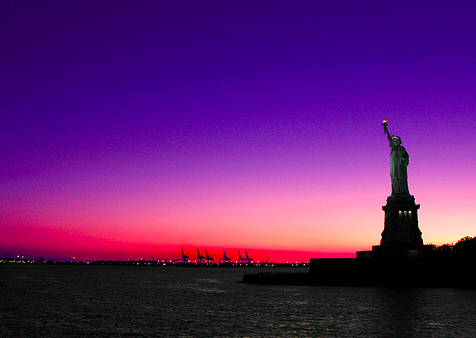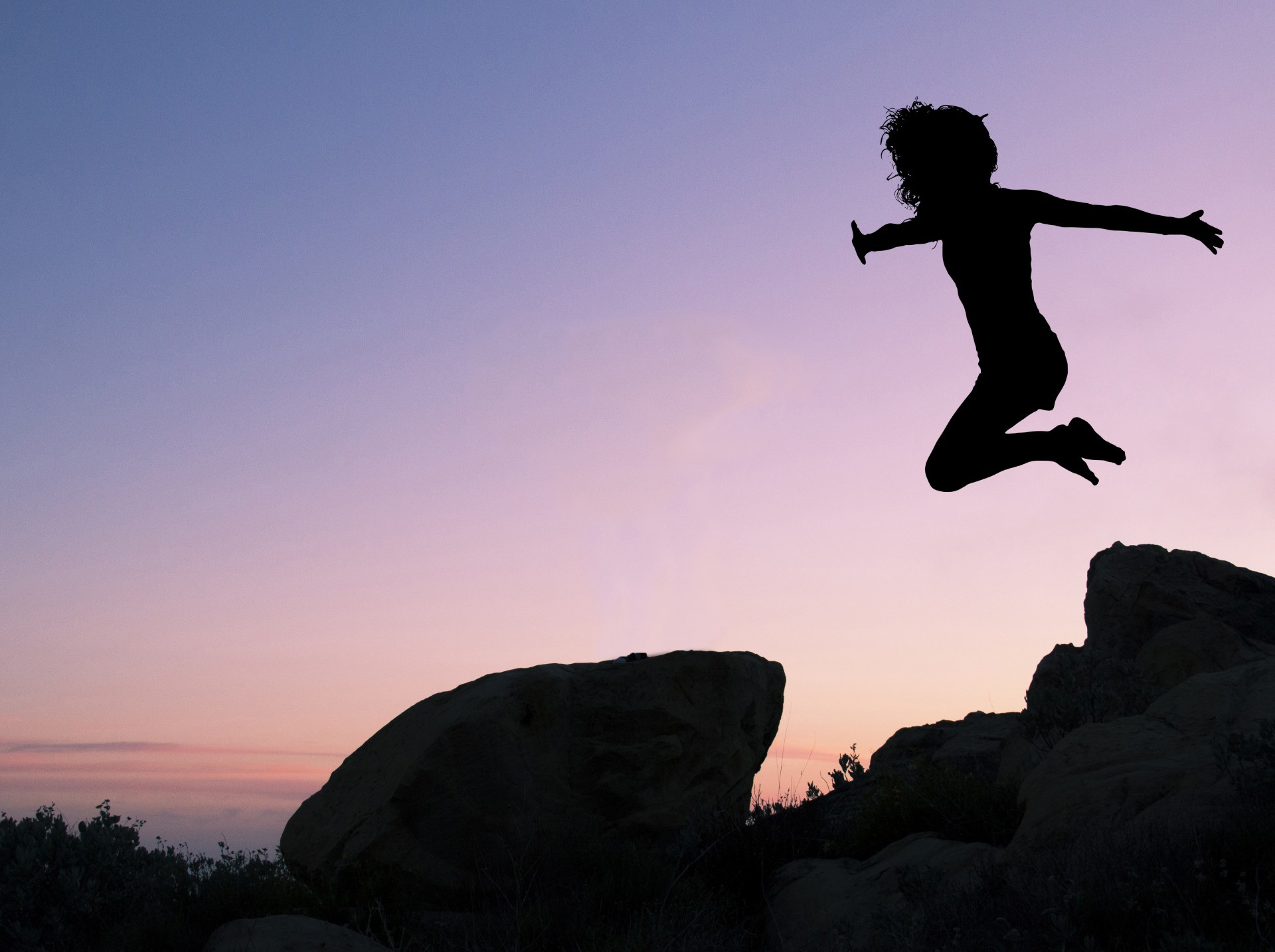Do you know what I thought about when I woke up in the Intensive Care Unit after 34+ hours of brain surgery?
Nothing really, but it’s what I saw that astounded me. For two days and two nights in the ICU, I saw nothing but the faces of people I loved on every wall, on every surface, in each fold of fabric. I saw my mother’s face in the stream of light coming through the door, the smile of a former student in the white sheet tucked over my arms, the flowing hair of a friend in the curtains, kisses blown to me from nieces and nephews from the ceiling tiles.
Of course I’ve heard of the way your life flashes before your eyes at the end, but this was not what I had imagined–there were no places, no events, no memories, no flashes of anything. The faces were like floating candles on a raft, carrying me safely to shore over a deep lake. And of course, there is the explanation that I was heavily medicated; I could label these images hallucinations and call it a day. But these faces were so clear and so specific to everyone I had ever met that I can’t dismiss them as such, so easily.
The day after my surgery, some of the finest neurosurgeons at Harvard and Mass General, Brigham Women’s Hospital and Dana Farber Cancer Center gathered together to review my case. They saw the images of the tumor in my skull before and after. They wanted to know how it was possible to remove so much foreign mass when it was tangled around the brainstem and almost every major nerve and artery. The surgeons asked about the neurological consequences of the operation. Their assumption was that there must have been some damage.
Can the patient breathe on her own? Yes.
Can she see? Hear? Think? Yes.
Can she walk? Yes.
This morning, my friend sits at the foot of my bed as I recover, reading to me from Facebook and my website the many comments I had not seen from the days around my surgery. “I was your student in 2006. I want you to know that I am holding you in light,” “I knew you at summer camp in 1985. I am praying for you,” “Your friends out west are imagining the tumor leaving you easily.” Tears filled my eyes as I understood exactly why I had seen an uninterrupted stream of faces when I awoke from surgery.
When the music of my inhales and exhales threatened to fade away to nothing and I felt the last page of the book of my life between my thumb and forefinger, I saw your faces. I saw the constellation of all of you who had carried me toward safety with your thoughts and prayers, lit candles, and ceremonies. You had a hand in this outcome. Do you feel the immensity of that?
I don’t pretend to understand the world. In fact, I am partial to its mysteries. I prefer to look about in wonder, to bow down in humility, and to kneel down in gratitude.




